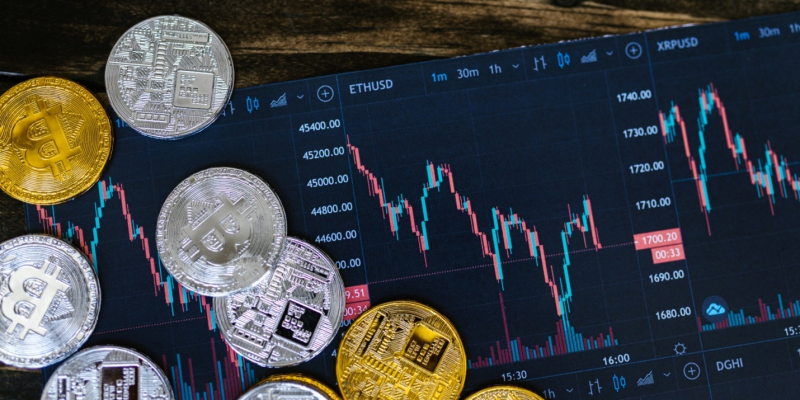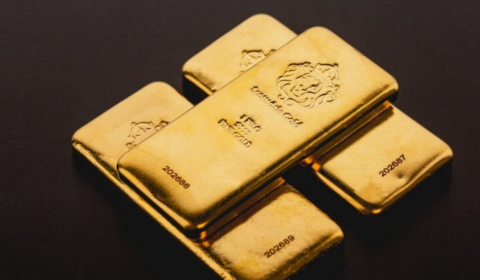How Does the Commodities Market Work: An Insight

The word ‘commodity’ is very common in the economic sector. These play a very important role in shaping the economy and everyday American life. Traditional commodities include grain, crude oil, iron ore, and livestock. The trading market for a commodity can be accessed by precious metal investment, investing in iron ore, and various others that may offer increased profit due to their fluctuating nature.
Commodities – what are they?
Commodities, such as agricultural products, fossil fuels, precious metals, and iron ores, are some raw resources needed to make finished items. Commodities are tangible products purchased, sold, and exchanged in the capital markets, as opposed to financial assets such as bonds and stocks, which are purely financial agreements.
Commodity prices fluctuate continuously as the global market dynamics of supply and demand patterns move throughout the global economy. Grain prices might rise as a result of the Ukraine conflict. Similarly, the rising oil output in the Middle Eastern regions could affect world oil prices.
Commodity Market for Investors
Commodities can help investors diversify their investment portfolios. Because commodity prices typically fluctuate in the opposite direction of stock markets, some investors utilize commodities to hedge against economic uncertainty.
Commodities trading used to be confined to high-frequency traders since it took substantial experience, time, and resources. But this has changed in the modern market as now there are more alternatives for commodity market participation.
How to Trade Commodities
There are several ways to trade commodities in the market. Each way to trade market commodities come with their distinct advantages. Following are some of the ways to trade commodities:
Commodities Futures
Commodities futures are the most common way of trading commodities in the market. By using this way of trading, an investor typically gets into a contract for the month and gains profit on the commodity’s price in the future.
For example, you buy livestock for a certain amount on a one-month contract. Just before your contract expires at the end of the month, you may change your position in the market, and instead of acquiring your assets, you sell them in bulk to another buyer at an increased price.
If the commodity sells at a higher market price, you make a profit. The profit scenario in oil trading is different as you may gain a profit if oil sells at a lower rate.
Commodity Stocks
Commodity stocks work like any other stock market where the investor may buy shares in a particular commodity through a financial institute.
Physical Commodity
You don’t own your assets physically through stocks or future investments. Buying commodities in their physical asset means owning a tangible sum of assets. If you invest in gold or take over silver investing, you can own gold bullion bars and silver coins to keep in your possession. Precious metal investment is also more liquid than any other form.
Orion Metal Exchange has been one of LA’s top gold investment dealers for over 50 years.
We take pride in being a trusted gold investment consultant for clients across the US and in Europe. We can also help with precious metal IRA or gold and silver storage solutions.
Get in touch with us to find out more about the investment option.






